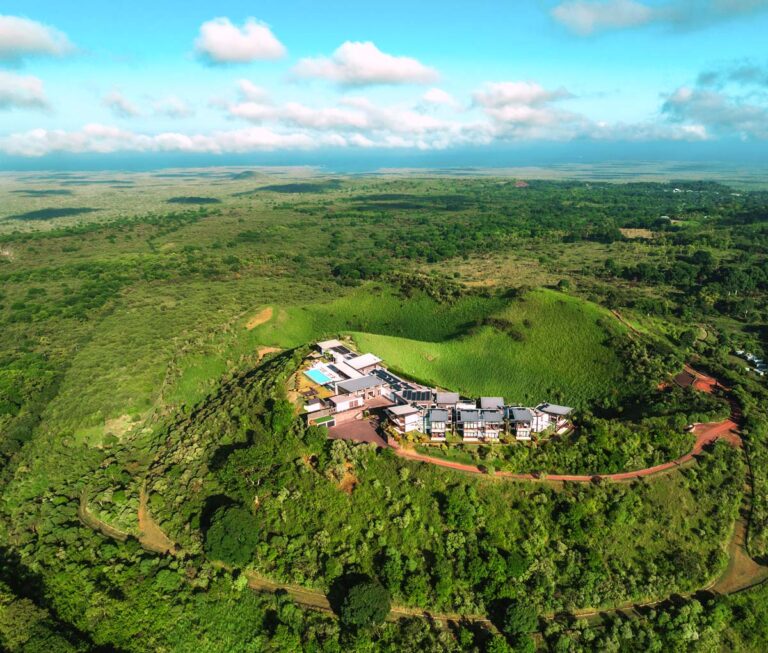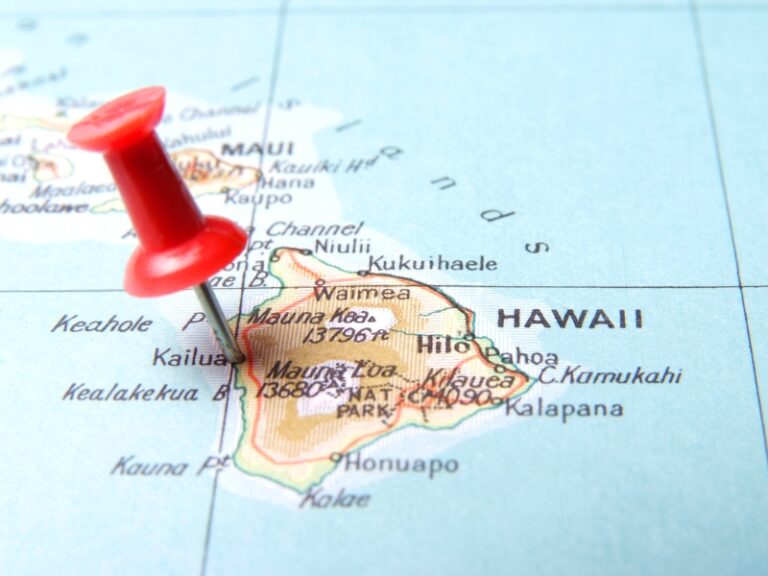Who is an Eco-tourist? How to become one?
Have you been thinking about who is an eco-tourist? Is it someone who loves nature or is it something more? Are you interested in learning more about how they are travelling? What kind of aspects do they consider important? What kind of activities are offered specifically for eco travelers? All in all do you want to know how to be one? This article is full of tips to give you a start point in becoming more eco-friendly while travelling.
Who is an eco-tourist?
Eco-tourists travel responsibly, respect the environmental and the cultural aspects of travelling, are mindful of the ways they can protect nature, educate themselves how to genuinely improve the well-being of the local community.
If you are searching for the definition of eco-tourist, you might have realized that loving the environment and travel responsibly might not be the same thing. So we have asked travel bloggers to answer this question: “What does it mean for you to be an eco traveler?”. It will give you some insights into sustainable travelling and inspiration to become one of them.
For me it is a consciousness of the natural environment that underlies the destination, and an awareness that you are not adapted to it. And therefore you prepare to tread lightly, knowing you will move on but your footprint stays. It is a willingness to learn the different ways humans adapt to nature – as many ways as there are ecosystems. It is the aspiration to move through the earth like the shifting forms of water, always seeking balance, and supporting life.
For me it is about having the environment at the forefront of my mind and my actions when I travel. It is much more than simply taking my reusables with me; it’s about really considering my impact on a destination and how I can benefit its environment. It means choosing local travel rather than travelling abroad every other weekend, choosing destinations that will benefit from my presence rather than contributing to over-tourism, and leaving as little an impact on a destination as possible. I stay in hotels, which have eco-friendly policies such as renewable energy sources, and those which give something back to the local community. I try to choose lesser-visited destinations and travel outside of the high season. I eat in various different restaurants, spending money in a number of places rather than in one multiplex. And yes, I always take my reusables with me!
Being an eco traveler, or responsible traveler, has a lot to do with showing respect to the destination’s culture and people. Traveling slowly, learning about the customs and rituals, staying in local guest houses, and shopping and eating locally are all ways of showing respect and supporting the community. This style of travel benefits both locals and travelers — each become richer!
All my travels are defined by sustainability. And I mean all three pillars. I’m concerned about the environment and the wildlife, but I’m specially focused on communities. I fiercely believe that the worst creation of mankind are borders. They are completely unnatural and more harmful than weapons. My purpose is to show the world, one person at the time, that nationalities, religions, customs and beliefs should not set us apart. There should be no ‘us’ and ‘them’ because we are all the same, no matter what the government and the media wants us to believe. The world is safe and kind, and a few exceptions can’t make us live in fear. It might sound off to focus on people while describing being an eco-traveler, but ‘eco’ refers to the relationships between living organisms, and the first one we need to work on to properly protect the environment and wildlife, is the relationship between ourselves.
Being an eco-traveler is the only way forward for us and many other travelers. And it’s one that starts even before you leave your place, in the planning stages. Because that’s just when we need to start questioning everything. Since all your choices, no matter how small, will affect the world and its inhabitants more than you think. That way, using our freedom and privileges for good and taking responsibility for the way we move around the planet and how our vacations and getaways impact others is, honestly, the least we should do. Let’s stop compromising future generations’ leisure and time on this earth and let’s take action now in our daily lives and – why not – our traveling adventures too.
3 pillars to travel sustainably
If you have read the above quotes, you might see 3 common areas where eco-tourists are focusing on when choosing how to travel sustainably. These areas derive from the 3 pillars of sustainability: social, environmental and economical, which can be interpreted to eco-tourism as follows:
- Minimizing the impact of travel on the natural environment
- Respecting the local culture
- Improving the well-being of the local community
But how can they do that? What are the ways or the actions you can take to ensure that you travel responsibly? In the following section we give you tons of tips to get you started and become an eco-tourist yourself as well.
Ways to be a responsible eco-tourist
The main focus of eco-tourists is spending time in natural areas without disturbing its eco-system, avoiding mass-tourism destinations, and choosing the means of travel as well as the accommodation sustainably. How do they do it? What kind of aspects do you need to think of when deciding on your next destination?
Eco-friendly transportation
- Travel locally – The minute you start travelling, you will leave a footprint at a certain extent. If you want to leave the lowest impact, choose walking tours or bike tours in your local area.
- Public transportation – If eco-tourists decide to travel long distance, they prefer public transportation like train or coach, where large groups of people are travelling together. They tend to avoid travelling by car, taxi or any location-specific taxi services like tuk tuk, auto rickshaw or motorcycle. Travelling with trains and buses have a carbon footprint of 1,800 kilograms of carbon dioxide equivalent/year, compared to cars, which has 8,520 according to Golden Standard, which is considered “the most rigorous climate standard in the world“.
- Electric vehicle – Did you know that you can rent an electric car even at the larger car rental agencies? They are great options to travel green.
- Eco-friendly flying? – Can travelling by airplane be responsibly? Flying definitely leaves a high foot carbon footprint. However there is a difference between airlines and fuel efficient airlines according to this National Geographic article. If you decide to travel by flying, choose an airline which takes actions to reduce its environmental impact. You can also offset the carbon footprint of your air travel via several methods. One of them would be the aforementioned Golden Standard (with charge) or FlyGreen (for free).
Eco-lodging
Eco-tourist are staying in eco-friendly accommodations, although finding them can sometimes be challenging. First of all, there is no common certification. Accommodations can say lots of things about themselves like responsible, sustainable, eco-friendly, going green etc. but nobody defined these words so interpretations can vary significantly. Sometimes you have also no way of knowing what exactly said accommodation meant by it. Second of all, larger booking sites don’t always consider to list or even provide a possibility to search for ecological aspects. So we, at Eco-Lodges Anywhere, are trying to create the largest selection of THE MOST SUSTAINABLE ECO LODGES around the world.
True eco-lodges are accommodations in undisturbed, remote natural areas where both construction and operation have the lowest impact possible on the environment. They are not only part of the local community but they are active participants in protecting naturally and culturally sensitive areas.
READ MORE: What are eco-lodges? How sustainable are they?
They can be described with the below 10 aspects:
- Situated in the heart of nature
- Low impact construction
- High level of energy efficiency
- Responsible water management
- Recycling
- Actions to avoid single use plastic
- Chemical-free operation
- Locally sourced or grown organic food (with vegan/vegetarian options)
- Actively participates or facilities local nature conservation
- Actively supporting and promoting local culture
What to bring along and use there?
Eco-tourists take several actions to ensure that what they carry along and what they use at the destination have the lowest environmental impacts.
- Pack lightly – Eco-tourists pack only the essentials which are usually also reusable. For example they carry metal water bottles, reusable cutlery, metal straws, packaging-free toiletries (shampoo bar, soap, deodorant, plastic-free toothpaste, bamboo toothbrush etc.)
- Low impact stay – Eco-tourists don’t ask to get their rooms cleaned on a daily basis. They tend to use ceiling fans as opposed to air conditioning. They don’t take complimentary toiletries especially as they bring their own. They never leave rubbish and follow the recycling policies of the destination.
- Local food – As eco-tourists avoid large chain hotels, they also avoid large international restaurants. Instead they choose to immerse themselves in local cuisine in usually smaller establishments. They tend to choose small restaurants that feature local dishes and use organic or locally sourced ingredients. Lot of eco-tourists are vegan or vegetarian as following a vegan diet can reduce the person’s dietary green house emission by almost 50%.
- Local products – If they buy souvenirs in a traditional sense of the word, eco-tourists tend to choose the products of local artisans. They choose authentic souvenirs made of natural resources like wood, paper, metal etc. They are educated not to buy souvenirs using endangered species like corals. This way they are able to support the local economy and the well-being of the local community.
Low impact activities
Don’t be afraid of the phrase “low impact” here, it doesn’t mean no fun. On the contrary, eco-tourists spend time in the most stunning and undisturbed natural environments, where they are close to nature and learn by experience about the local flora and fauna. They engage with genuine local people who care about the local environment and culture. Here are a couple of activities eco-tourists prefer over mass-tourism offers:
- hiking, trekking, kayaking, rafting
- bike tours
- bird watching tours
- visiting nature reserves
- visiting local markets, artisan factories
- visiting sanctuaries or conservation centres
- no animal tourism like elephant riding, street monkeys, circuses, dolphin shows etc.
- trying local cooking class
More articles about sustainable travelling
Emese Maczko is a travel blogger behind Eco Lodges Anywhere. Having explored several destinations around Europe, the US, Indonesia, and Australia, and resided in Germany, the United Kingdom, and Luxembourg, Emese possesses a keen understanding of diverse cultures and an appreciation for the beauty of each destination she visits. She advocates for sustainable travel and ecotourism.









Victoria Addington
September 15, 2023 at 1:28 pmIt helped when you mentioned that traveling allows you to leave a footprint to a certain extent. My friend wants to go on an eco-adventure. I should advise her to go for it so she can experience nature.